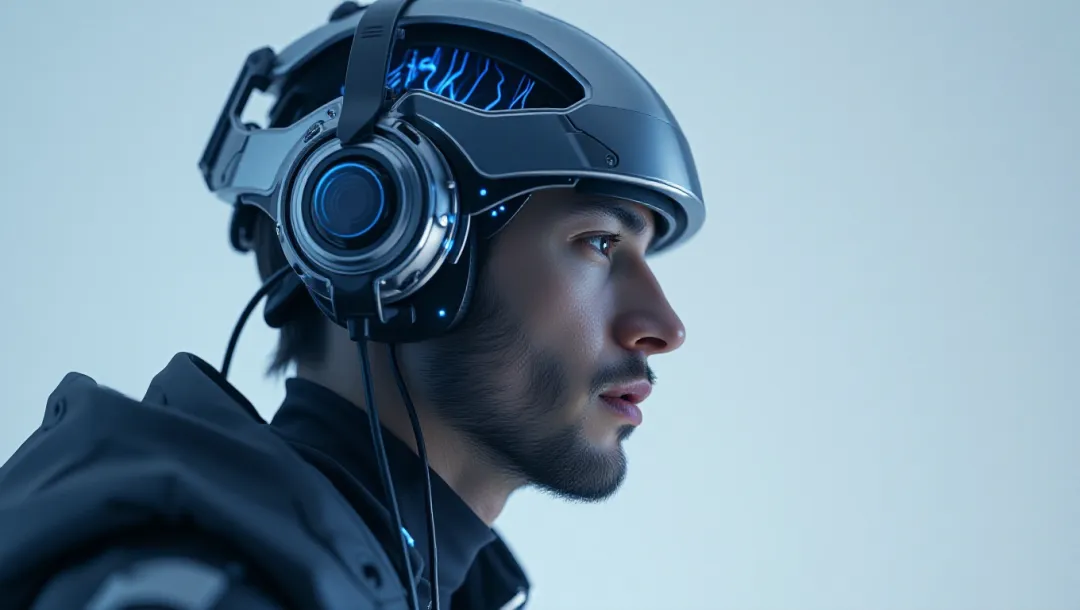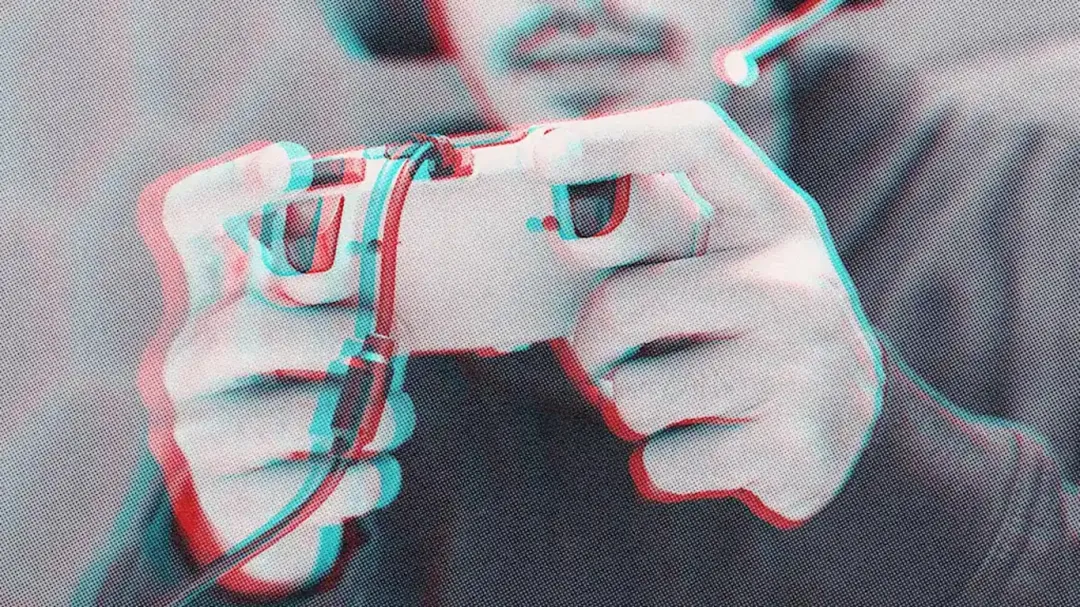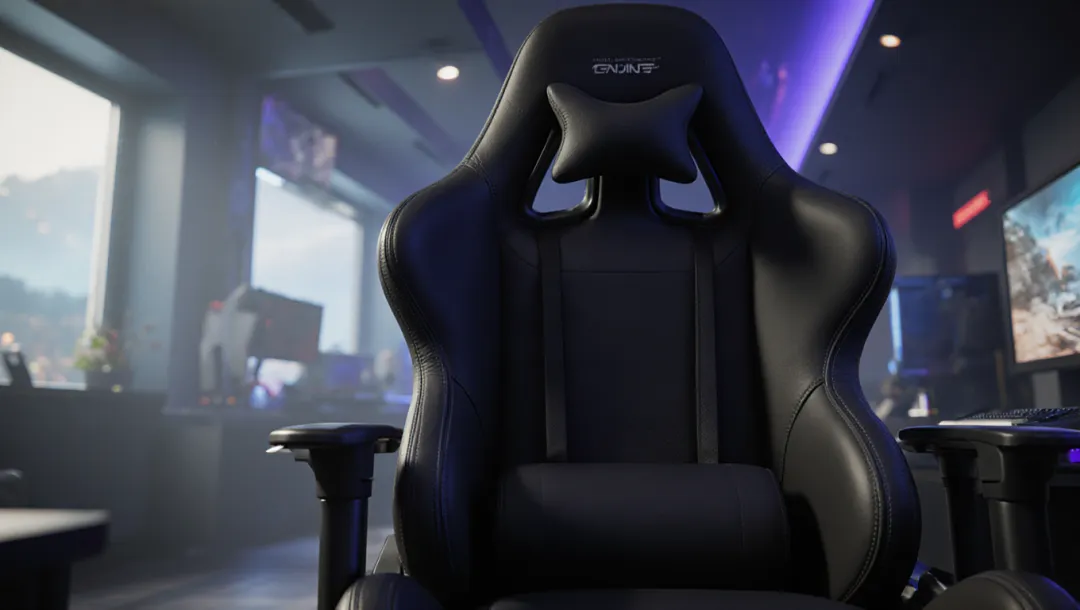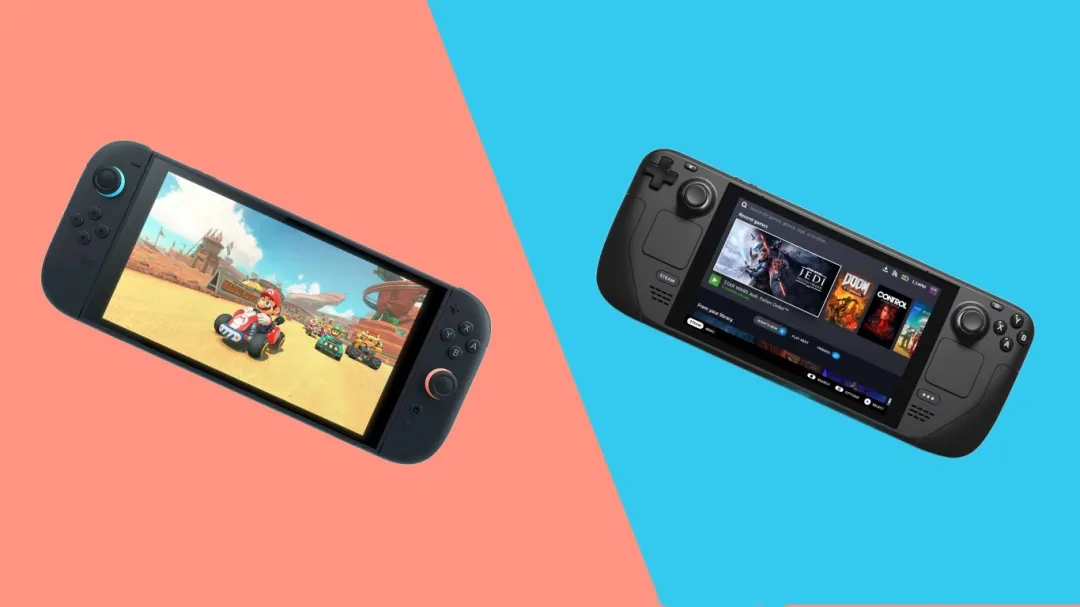Unlocking Brain Power in Gaming

At George Washington University, fascinating developments are underway as Xiaodong Qu of the engineering department delves into the potential of brain-computer interfaces (BCI). With the capability of controlling video games through mere thoughts, Qu is at the forefront of a burgeoning field intersecting entertainment and health.
This research is not simply about gaming but extends into the broader spectrum of neurological health. By tapping into the brain’s signals, this technology could spearhead novel approaches for treating neurological disorders and enhance cognitive functions.
The implications are both intriguing and vast. Imagine playing video games without a controller, where thoughts shape the digital world. Yet, the true value may lie in healthcare innovations, where BCI might aid in recovery from brain injuries or assist individuals with disabilities.
Qu’s work underscores a pivotal advance in how society may bridge the gap between human intention and machine execution, paving a path toward unprecedented realms of human-machine interaction.






